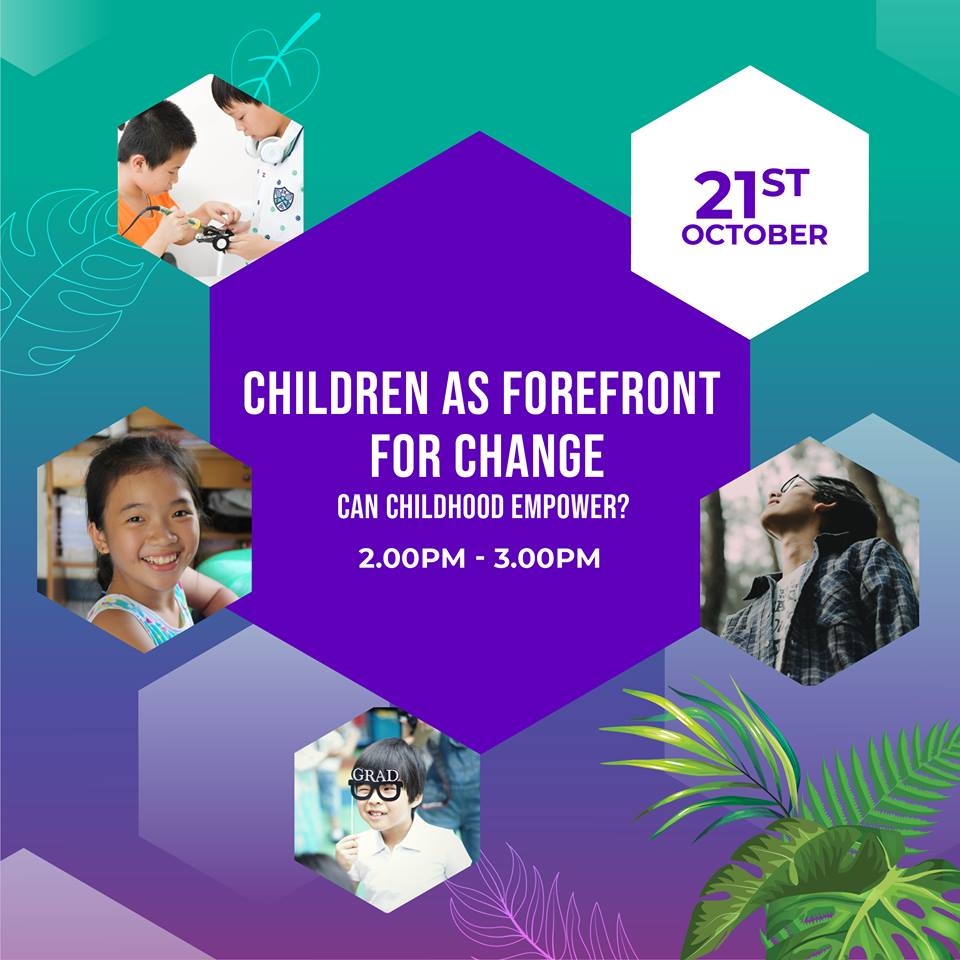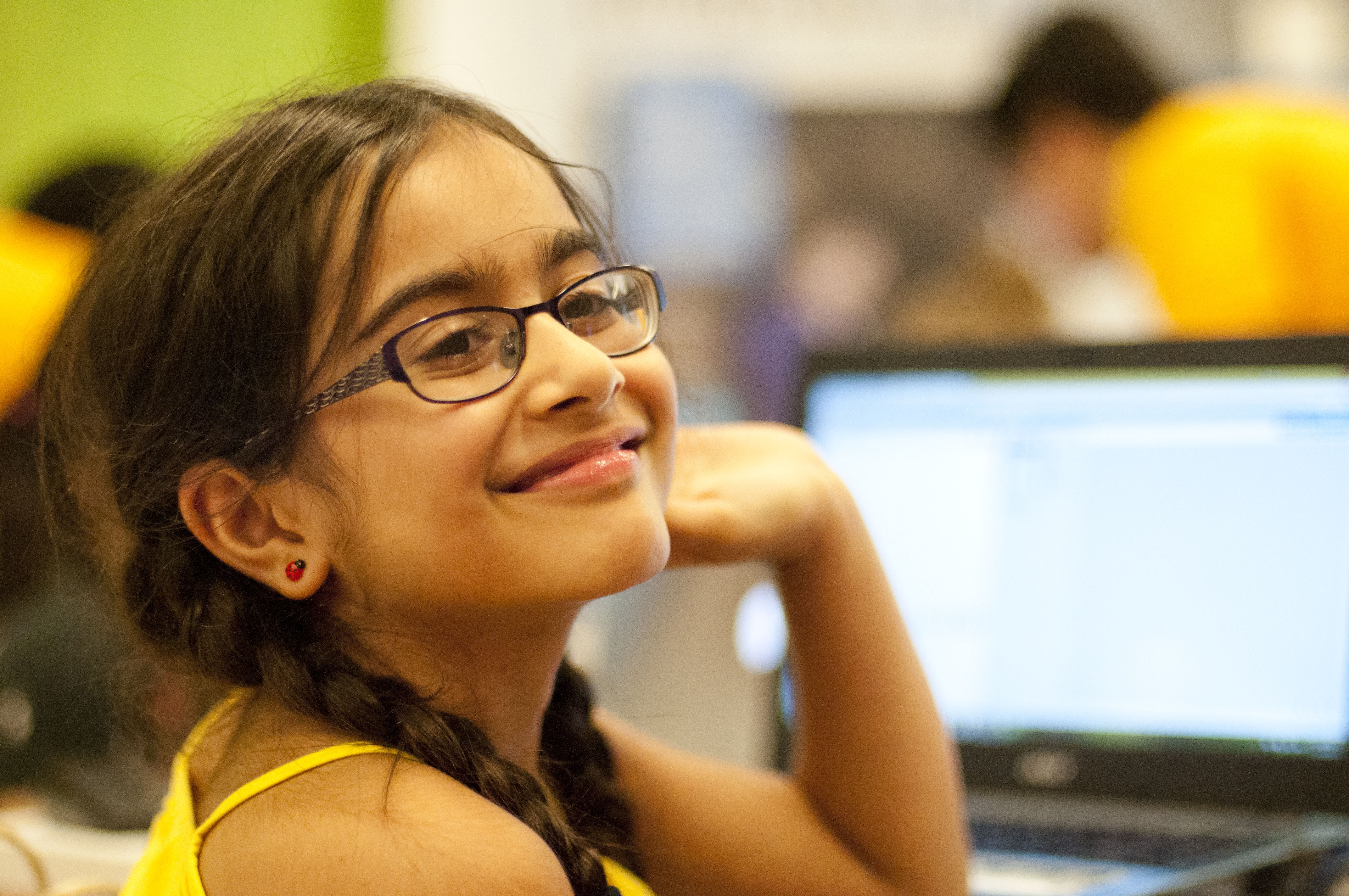
We can learn a lot by just observing how kids play. Kids learn best when engaged in activities driven by their natural curiosity and their innate desire to explore. As educators and parents, it is important that we help to keep this curiosity alive, and to help kids become self-directed learners.
In the design of our latest product, the Saturday Kids Explorer Pass, we wanted it to focus on helping kids become self-directed learners, because we believe that kids learn better when they’re intrinsically motivated to learn. As we shared previously, no one really knows what skills and knowledge will be necessary in the world to come. Raising kids to be self-directed learners might be our best shot at creating a better world for themselves and others.
Earlier, we heard from Victoria from The Bright Life – an organisation we love that runs Montessori workshops for happier kids and parents – on why failure isn’t always a bad thing. In the 2nd instalment of this 3-part series, Victoria explores how to keep our children motivated to learn, even when the going gets tough.
Raising self-directed learners: What is intrinsic motivation and why does it matter?
One of my favourite books on intrinsic motivation has to be Daniel Pink’s Drive. He goes to great lengths to highlight why many of our current reward schemes do little for productivity and innovation, and makes a strong case for us to focus on intrinsic, as opposed to extrinsic, motivation. Intrinsic motivation can be described as behaviour that is driven by internal rewards and satisfaction, whereas extrinsic motivation relies on rewards, incentives and praise.
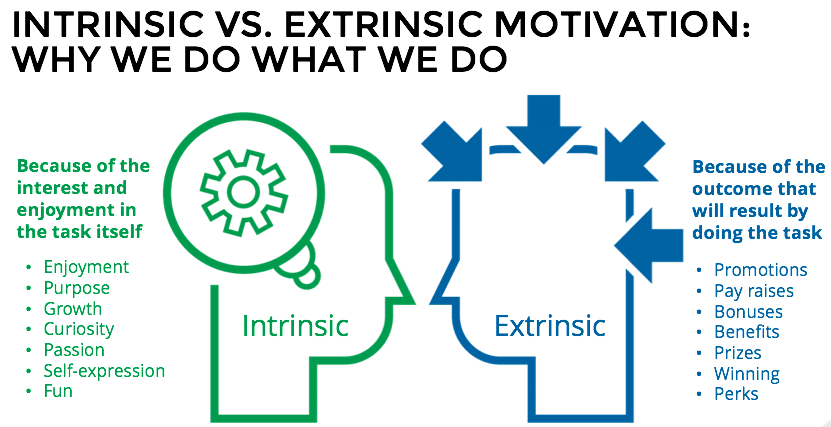
According to Pink, intrinsic motivation is what enables people to truly shine and thrive because they are driven internally by passion. When I combine this with Montessori philosophy, it reinforces our work to help our children develop and maintain their natural curiosity of the world, as well as to persevere through tasks. In Montessori classrooms, neither reward charts nor punishments are used. These were believed to thwart the natural curiosity of children (i.e they only learn for a reward) or encourage them to operate out of fear, instead of grasping an understanding of desirable and undesirable behaviour.
I like using Pink’s framework to explain how we develop intrinsic motivation because it is so easy to understand and highly relevant to children (and parents) of all ages. There are 3 essential components in building intrinsic motivation: Autonomy, Mastery and Purpose. We explore them in more details below.
1) Autonomy
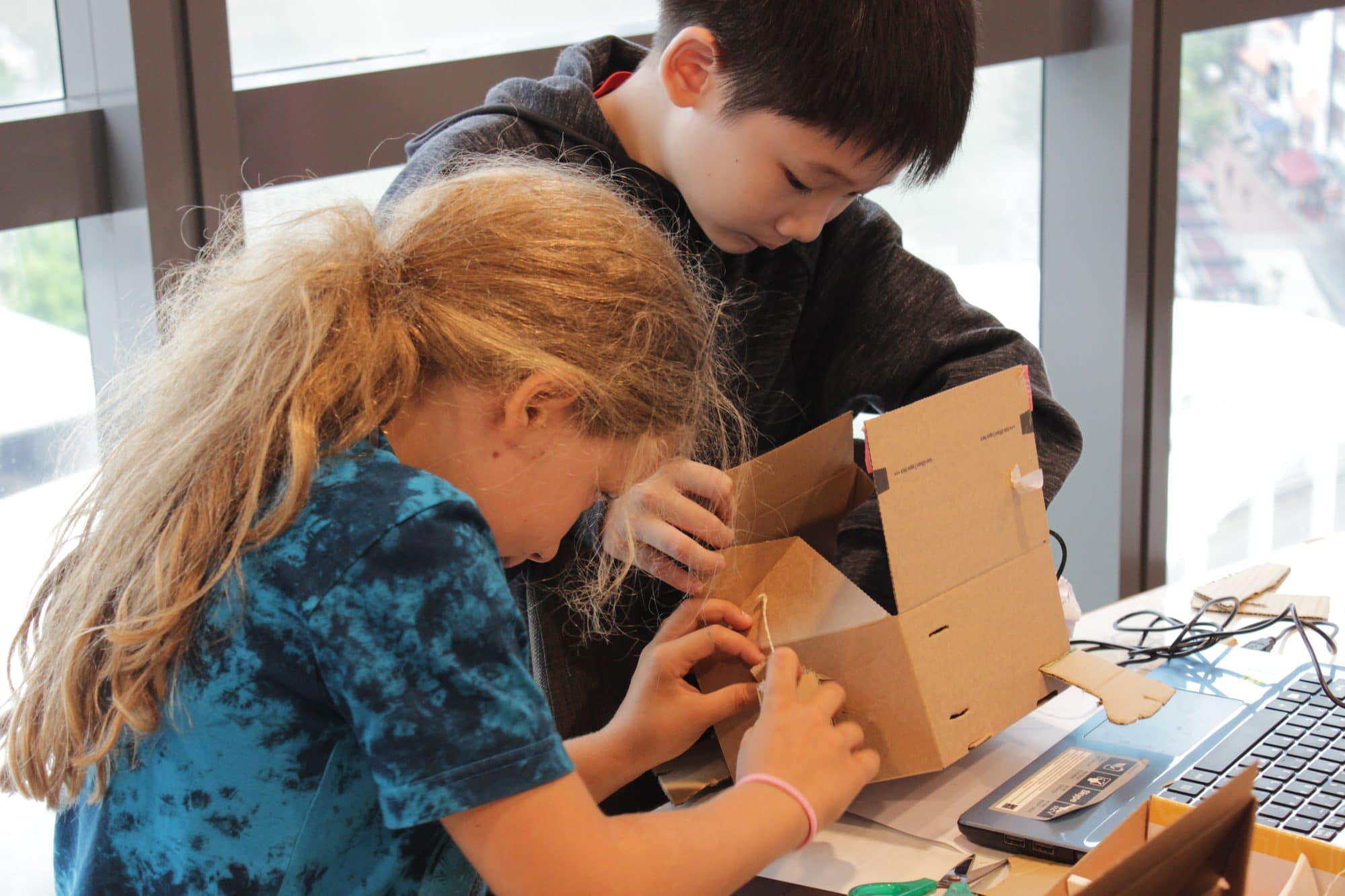
At The Bright Life, we sound like broken records when it comes to talking about building independence in children. We have the notion that once our children reach a certain age, we can suddenly thrust them into a world of “being independent” but then freak out when both parent and child are unable to cope with the newness.
Independence shouldn’t be seen as something you wake up with one morning when you turn 16. Instead, we can look at it more like a process, where independence is given in age-appropriate amounts, so it’s in measured doses and within a safe limit. For example, autonomy for a 2 year old could be picking which books they want to read, or choosing which tasks they want to work on.
We always encourage parents to allow children to exercise their autonomy in ways such as these, as it reminds our children that they have a voice, and it should be heard (within reason, of course!). Gradually extend the boundaries in which children are empowered to make their own decisions as they grow older. Once they are older, autonomy can also look like a collaborative effort to decide on things together; what movie to pick for family night and considering other family members’ likes and dislikes in the process, or the boundaries on curfews and consequences if these boundaries are overstepped.
When we involve children in the process of setting rules, it not only reinforces their autonomy, it also reminds them of responsibility. As a result, they are more likely to follow rules and accept consequences, if any.
2) Mastery
Children are a determined bunch. In our household, my son’s current obsession has been this flight of stairs down at the playground that leads to a large slope. Every afternoon, he makes his way up these steps, sometimes needing to hold the handle bar and other times, able to walk up unassisted. Once he reaches the top, he readies himself, and squeals with delight as he runs down the slope. Then, he begins that process all over again.
As I observe this daily occurrence, I wonder why is it that many of us think that our children “can’t sit still”, “have trouble concentrating” and “don’t seem interested in a task for more than 2 minutes.” Here I am, hoping that my son might tire soon because my unfit legs are starting to feel the strain from following him up the stairs, but he’s determined to complete this activity until I eventually have to persuade him to return home for dinner.
Maria Montessori noted that children are innately programmed to master skills which they need. These skills come from performing a task or series of tasks repeatedly until they feel satisfied and have mastered it. You can tell that a child is fully engaged, from their ability to concentrate and complete tasks despite facing setbacks or challenges.
There are a few ways we can support their quest for mastery. The first is to always be supportive, whether through words of encouragement or just to be present with them whilst they’re at work. Another way to aid in their mastery of skills is to provide avenues for them to practice these skills.
For example, because I know my son is trying to learn how to climb up the stairs unassisted, we go down to the playground every day so he can practice. When it rains, we head to the stairwell and he gets to practice there too. It requires some observation to figure out what is keeping them curious, but it comes with huge benefits and makes the learning and mastery process more enjoyable.
3) Purpose
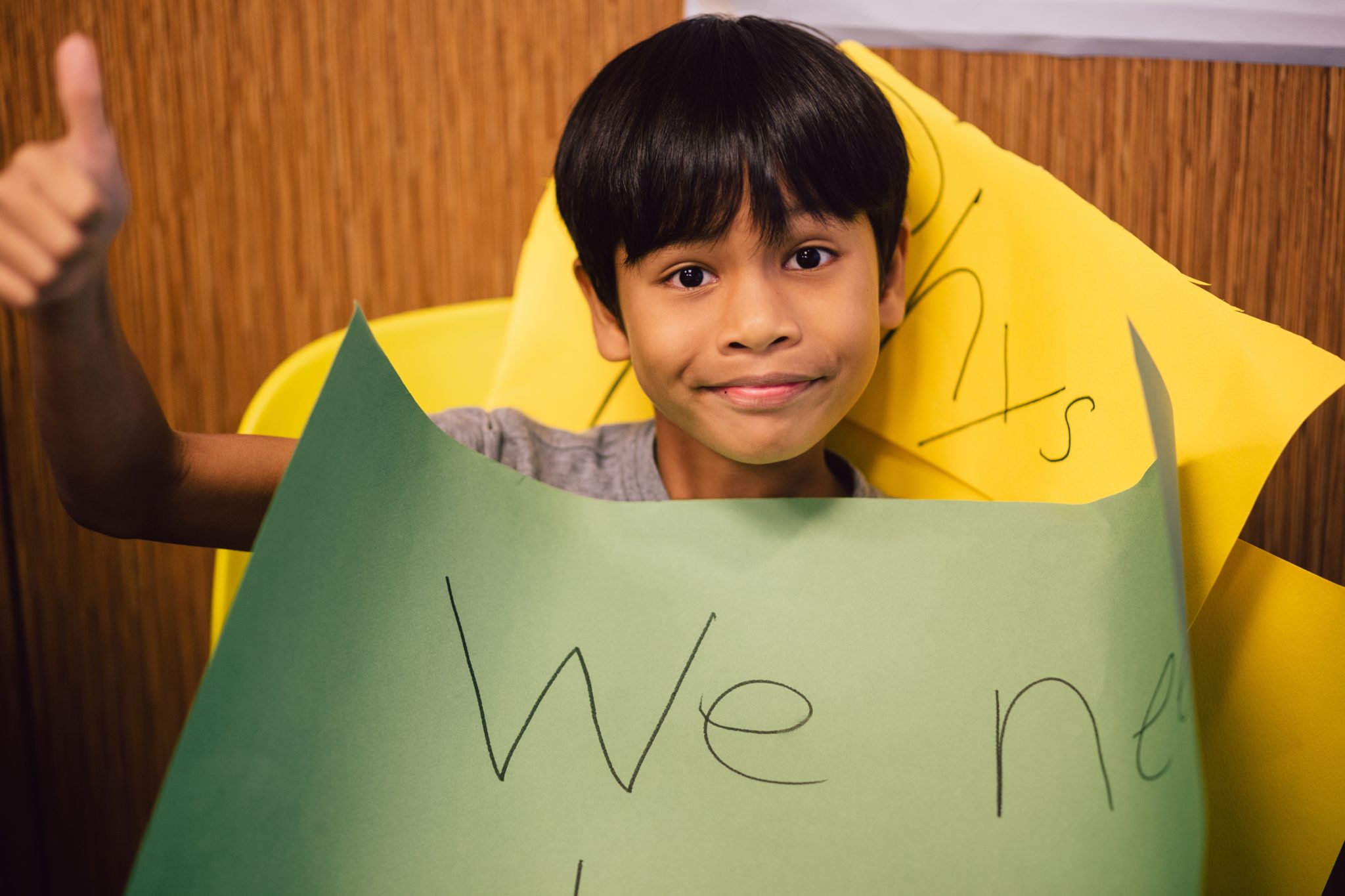
A child’s purpose is to work. It’s not work in the traditional sense, but through activities, and exploration, children will begin to learn more about their environment and themselves. This is crucial in their self construction. It’s just like how, through experiences such as travel that we learn more about the world, and also ourselves in relation to different cultures and practices.
We can help children achieve their purpose of self construction through ensuring that a wide range of experiences are available to them.
These don’t refer to big ticket trips abroad, but rather experiences such as dressing themselves, preparing a meal for the family, and learning how the world around us works.
The first step in developing a larger life purpose begins by first enabling our children to build their independence by learning how to do things on their own, as well as discovering their own abilities, likes and dislikes, to develop an understanding of themselves in relation to the environment they are living in.
When I reflect on enabling my own curiosity as an adult, I found that I learnt the best when I actively sought out what I wanted to learn. I also realised that there is always a time and place to conquer tasks, and that learning how to walk before you run is often a good way to approach something intimidating. As Benjamin Franklin said, “Tell me and I forget. Teach me and I remember. Involve me and I learn.”
. . .
About Victoria Yim
Victoria is the founder of The Bright Life. She runs parenting workshops monthly and has brought some of their programmes to corporates keen to engage their employees and customers in a different, yet meaningful way. She also runs mindfulness for children workshops that work closely with parents to build on techniques to bring calm into the home. Check out their work on their website and Facebook.
At Saturday Kids, we’re on a mission to make kids curious, self-directed learners. Through this series of articles, we hope to create conversations around what real learning means. If you have any comments or feedback or just want to chat over a coffee, drop us an email at [email protected]!
From now till 15 April 2019, enjoy 50% off your first trial Explorer Pass session (“STARCHILD” pass). More info here. T&C applies.

